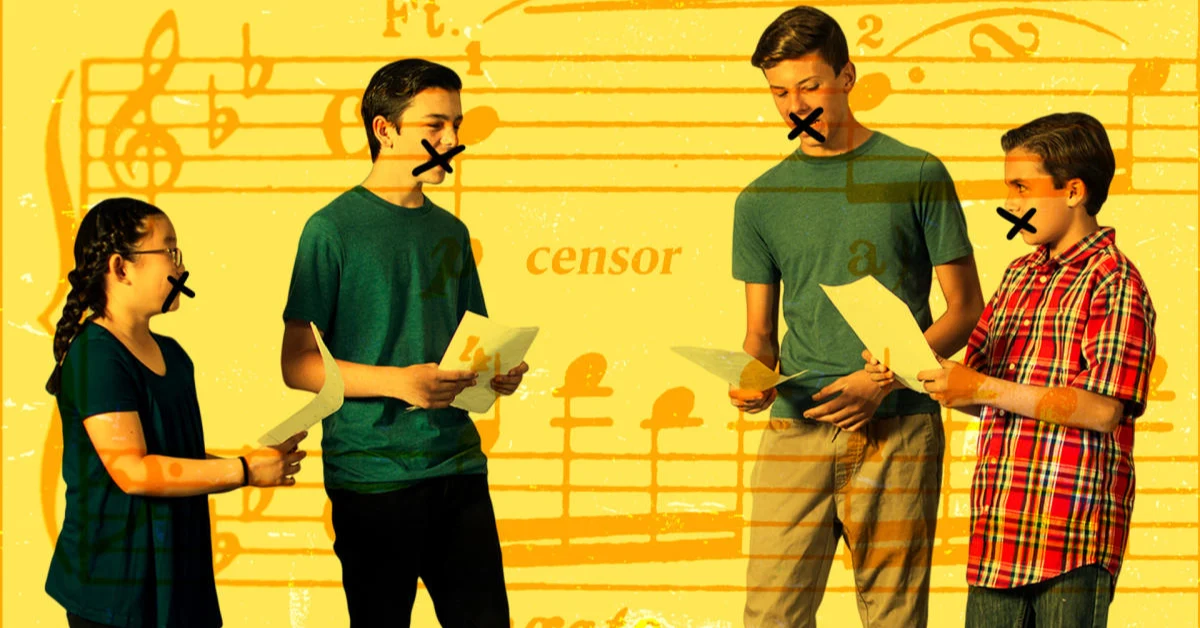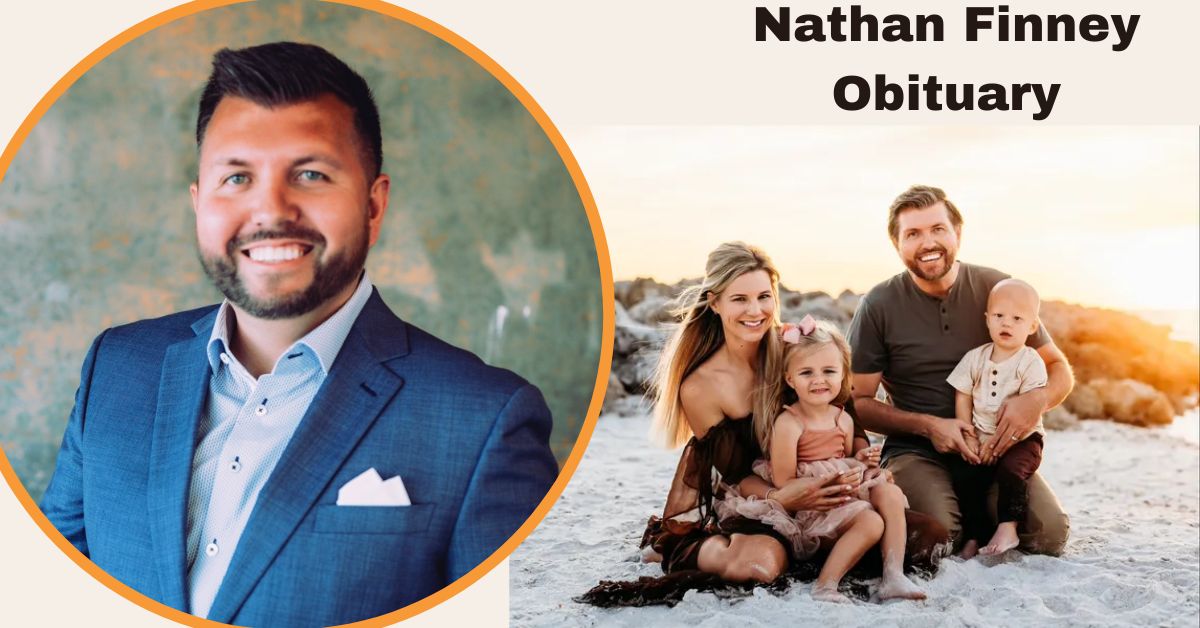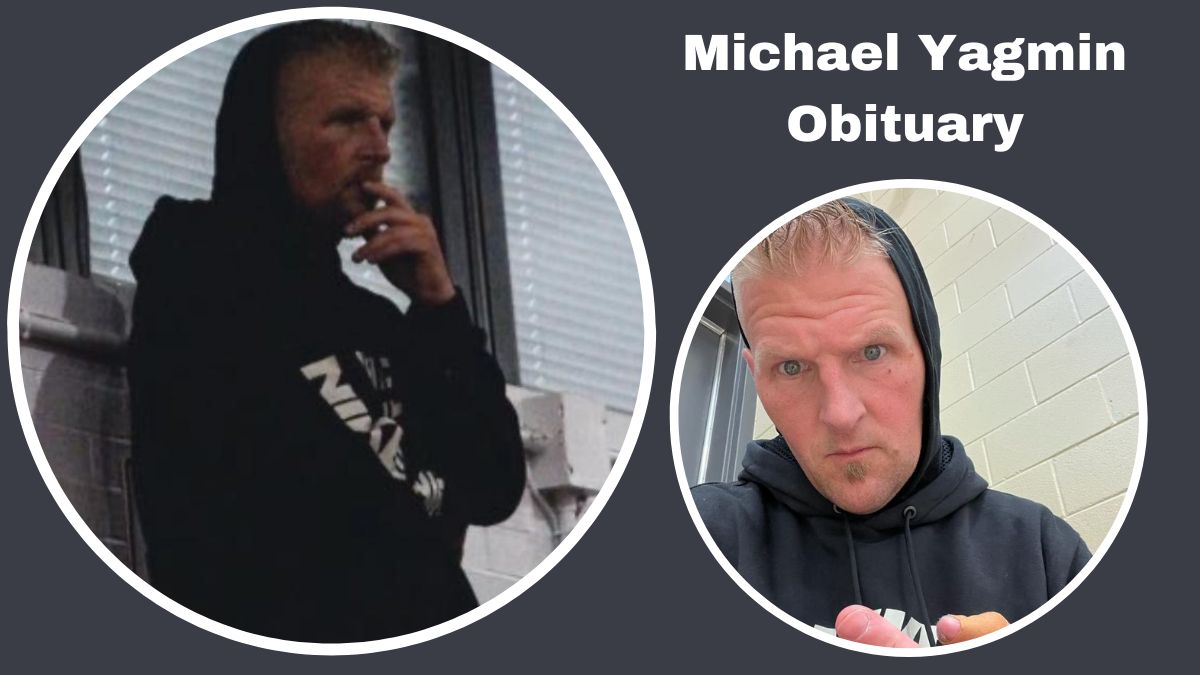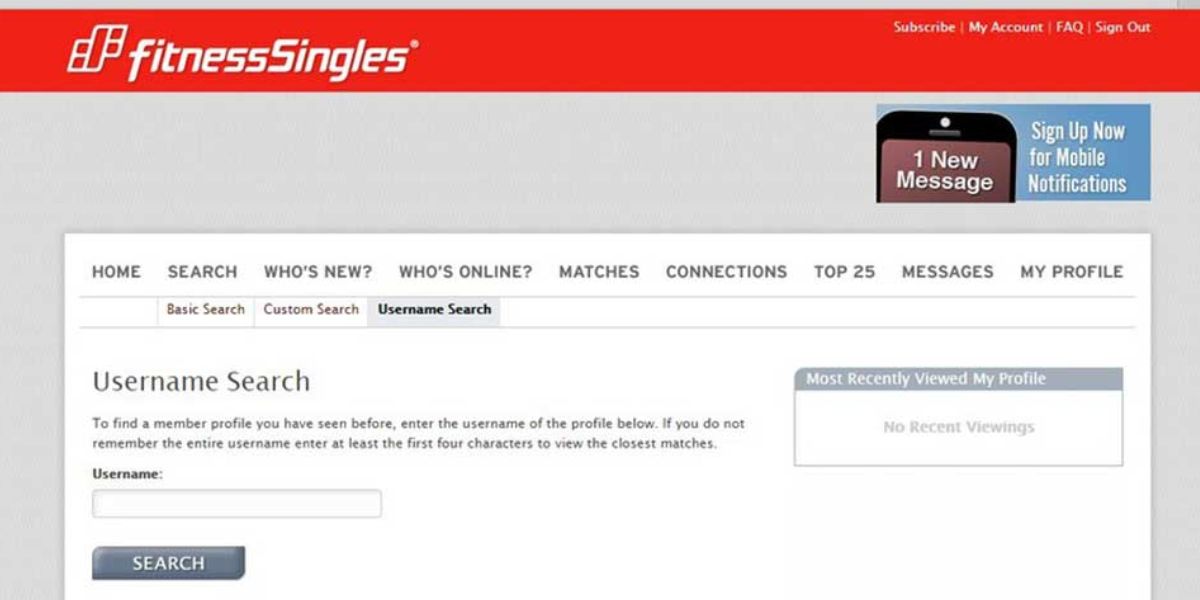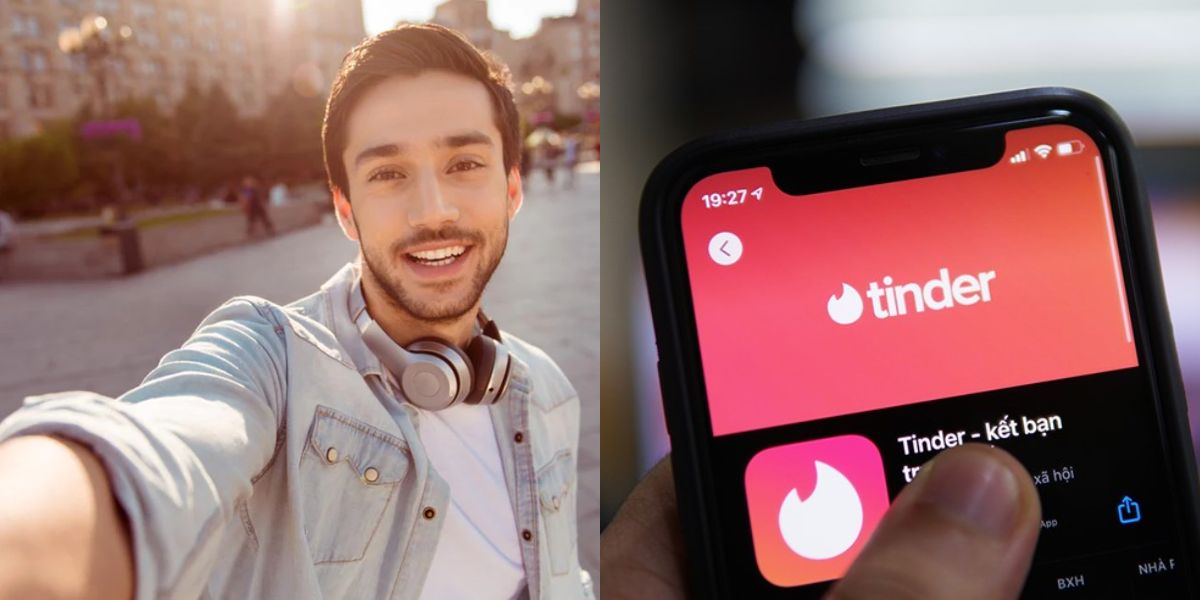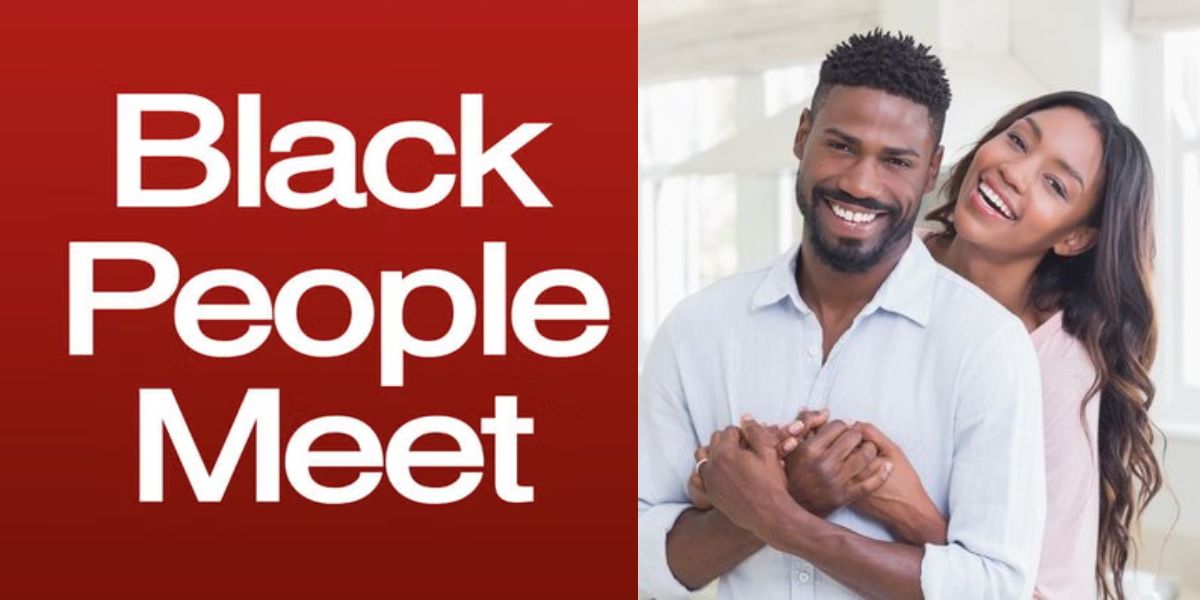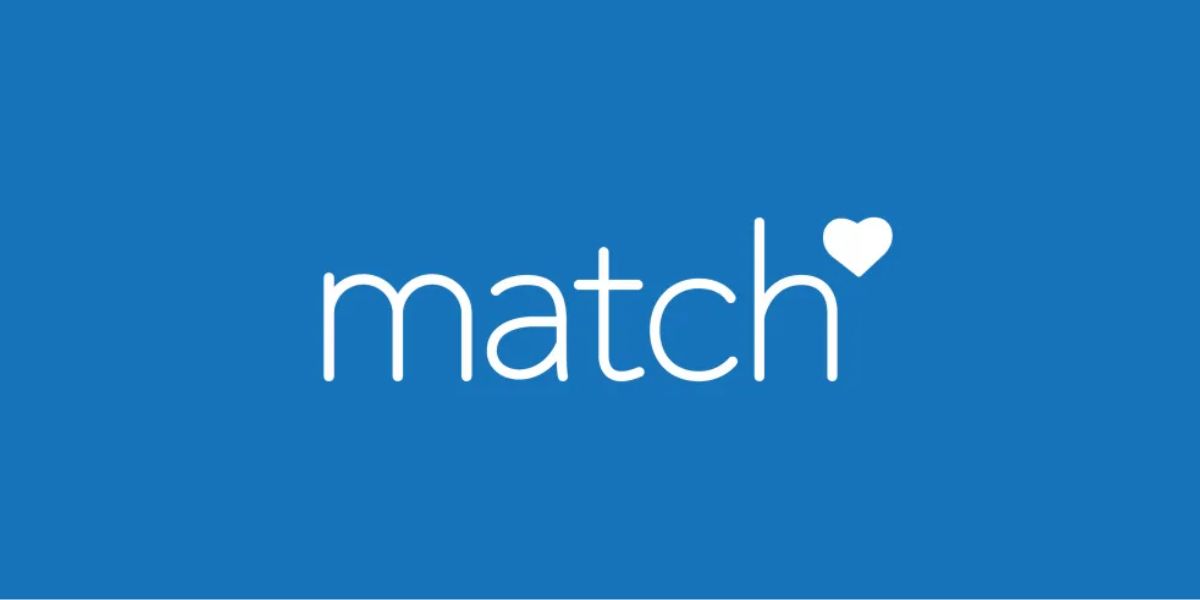Some art educators believe high school theater may be the next front in the culture wars as worried parents raise the alarm about the rising number of bans targeting LGBTQ-themed publications and (some rainbow-themed) music on school campuses.
Proof comes from places including Pennsylvania, Florida, Indiana, Kansas, Ohio, and New Jersey, where plays and musicals have recently been contested, rewritten, or wholly canceled following complaints from parents and teachers that the works’ social themes weren’t suitable for young people.
This was the case with a performance of The Addams Family at Northern Lebanon High School in Fredericksburg, Pennsylvania, based on the popular 1960s television series about a goofy, goth family.
The performance was removed from the school’s 2024 theater season earlier this month after the district’s school board chose to do so due to concerns over violent scenes, youngsters smoking, and subtly homosexual themes.
There are several scenes, lines, and phrases in this musical that I do not want to promote within our district, said board member Troy Williams, who is also a pastor, when he voted to pull the production earlier this month, according to local news coverage.
However, board member Michelle Buck voted in favor of the display, noting that it has been a top-produced high school show for several years.
Williams, Buck, and a representative from Northern Lebanon High School were all contacted by Yahoo Life but declined to comment on this article.
In February, for instance, an Ohio school district reversed course after initially canceling production of The 25th Annual Putnam County Spelling Bee three weeks into rehearsal, citing its “vulgarity” and portrayal of two gay dads. Despite the difficulties, high school drama clubs nationwide are fighting back — and winning.
Ultimately, the show was allowed to go on — but only after the production’s creators, Rebecca Feldman and Rachel Sheinkin, revised several lines in the front to meet the board’s standards.
The outcry from students was so emotional that original Spelling Bee cast member Jesse Tyler Ferguson responded in an Instagram video, imploring the supporters of the arts to speak out.
Similarly, Indecent, a play about the ironic censorship of a Yiddish Broadway play in 1923, was pulled from a Florida high school’s production in January.
This prompted students like Madeline Scotti, who announced the cancellation in an Instagram video, to forcefully speak out against the censorship of “a queer Jewish love story,” which she sees as being fueled by Florida’s “Don’t Say Gay” law.
Despite their concerns that they would suffer physical injury for performing the work on stage, Florida’s Duval County school board has not yet changed its mind in response to the students’ determination.
The Prom, about a lesbian couple attending prom together; Be More Chill, about a Black high schooler who must decide between popularity and being his true self; and Indecent are just a few examples of high school plays with social themes that have recently been targeted for bans.
According to Jennifer Katona, executive director of the Educational Theater Association, the top organization for middle and high school theater teachers nationwide.
“We’re seeing the ban on books and what’s happened to our English and social studies colleagues permeating our theater spaces in a very concerning way,” She tells Yahoo Life that teachers should protect the freedom of expression in high school theater, speech, and debate programs, citing a 2022 joint statement of major arts-education organizations.
“All students have the right to explore this content in any way they would like,” she adds. “Teachers also have the right to bring in the text and share that content with their students, and students have the right to explore content that represents them: that includes race, gender and gender identity.”
Kids Know They’re Being Censored
As Katona says, products that portray drug use or violence, including West Side Story, Hair, Rent, and The Crucible, have historically generated controversy in educational settings.
Yet, the latest cancellations are particularly significant because they frequently spark large-scale social media campaigns that make it more difficult for those in the know to contextualize the discourse and counteract false information.
“It’s also about the legislation that’s happening,” The amount of laws in state courts that have contested critical race theory and the trans community, Katona adds bluntly.
“Teachers are very concerned for their LGBT students, in particular, about the message this sends, when they see school boards fighting productions or plays or books” reflecting their identities.
According to Tracey Grimaldi, a vocal coach and arts educator who works with middle and high school students in the New York City region, banning such works disadvantages vulnerable queer children in a unique way.
“Kids know they’re being censored,” she says. “They know they’re being dumbed down. They feel caught in the middle of a fight they don’t think has anything to do with them, and they feel pandered to. They feel like adults don’t trust them to handle material that they feel mature enough to handle.”
This encompasses programs like The Laramie Project, a play on the 1998 murder of gay student Matthew Shepard, which a Kansas high school prohibited in January due to numerous parent petitions alleging that the performance’s material was too mature.
The Matthew Shepard Foundation and Tectonic Theater Project responded by providing free copies of the play to all students at the school and by drafting an open letter explaining that the space offers a forum for young people to address critical issues.
“the hate they encounter in their own lives, and how they can work collectively to build a more understanding and compassionate community.”
The Laramie Project’s co-writer and executive producer Moisés Kaufman notes the political aspect of the show’s ongoing backlash and isn’t surprised that it continues to stir emotions 23 years after it was initially made.
“Many of the conversations we were having back then are still pertinent to our current national dialogue,” Kaufman tells Yahoo Life.
“I won’t say progress has not occurred. It has. But there are backlashes by reactionary politicians and reactionary political parties. So, the arguments themselves have changed, but not the core of the hatred.”
The cancellation of shows with LGBTQ themes by school boards, according to Jordan Roth, a Tony Award-winning producer and the president of the production business Jujamcyn Theaters, which manages five Broadway theaters, is a result of anti-trans laws and recent bans on drag shows.
“Banning these shows is just one part of a calculated campaign to annihilate an entire sector of humanity,” Roth tells Yahoo Life. “This is not about one musical or book or bathroom or sports team or drag performance. This is a coordinated effort to vilify, erase and ultimately eradicate trans and gender-expansive humans.”
He adds, “The reason they come for our shows first is that theater lets us know and care about people we may never know in our own daily lives. You can walk into a performance of Kinky Boots or La Cage [aux Folles] having never met a drag artist, and leave two-and-a-half hours later best friends with [characters] Lola or Alban. That’s the power of theatre to connect us — and that’s the power and connection they want to prevent.”
Grimaldi contends that schools’ responsibility to provide safe spaces for children who may experience rejection at home, from classmates, or from society at large has never been more crucial.
“Theater class and the choir room are the ultimate safe spaces,” she says. “Arts educators just want to create a space for kids to express themselves, to feel heard.”
We’re All Listening
Going ahead, Katona claims that the sheer number of student activists speaking out against arbitrary censorship on school stages has humbled her. She continues by saying that adults should now join them.
“Theater provides students the ability to build on their skills of collaboration and confidence and public speaking. These are lifelong skills that will take them through adulthood and really set them up for success,” she says.
“What parents can do if they want to help is to be advocates for change and advocates for the building up of [theater] programs. So, for every parent in the town who might say a production isn’t appropriate, or who has a concern about the arts, we need the parents of students who are impacted [by a cancellation] to be equally as loud — if not louder. And parents have probably the most significant power at local levels.”
Read more latest school news articles we’ve published:
- Texas Lawmaker Compares Response Time to School Shootings in Nashville and Uvalde
- Palmer High School Implements Shelter-In-Place Protocol For Possible Incident
Grimaldi continues by saying that the best tool for aspiring artists to employ right now is to use the resources they already have, most likely acquired in theater class.
“People in the arts don’t fight with our fists, we fight with our pens,” she says. “We’ve been around long before [the recent cancellations], and we’ll be around way after. Everything we go through in life can be turned into art, and this is a defining moment.”
Adds Kaufman: “The arts have a humanizing influence. They put us in touch with what we all have in common. Arts in high schools serve another very important function: They create community among the sensitive, the lonely. They become a safe haven for the kids who do not easily belong to other groups. And in those communities, lives are saved.”
Roth, whose famous plays include Slave Play, Torch Song, Spring Awakening, Hadestown, Take Me Out, and numerous others with queer-centered tales, think that student artists will guide society toward a more hopeful and inclusive future in the coming years.
“First, for the artists, the storytellers, the act of telling our stories is an act of self-actualization,” he says of the importance of queer visibility on stage.
“For the audience, it is an opportunity to see ourselves, to expand the canvas of possibility of what our lives can be, and to come to know and love those whose lives are different from ours. This is how we grow closer and stronger.”
Finally, he advises students: “Keep singing your hearts. We’re all listening.”
Tyler is a passionate journalist with a keen eye for detail and a deep love for uncovering the truth. With years of experience covering a wide range of topics, Tyler has a proven track record of delivering insightful and thought-provoking articles to readers everywhere. Whether it’s breaking news, in-depth investigations, or behind-the-scenes looks at the world of politics and entertainment, Tyler has a unique ability to bring a story to life and make it relevant to audiences everywhere. When he’s not writing, you can find Tyler exploring new cultures, trying new foods, and soaking up the beauty of the world around him.
Contents
